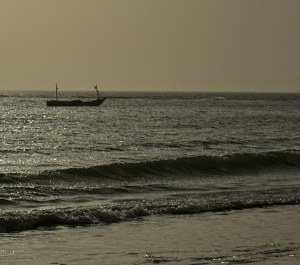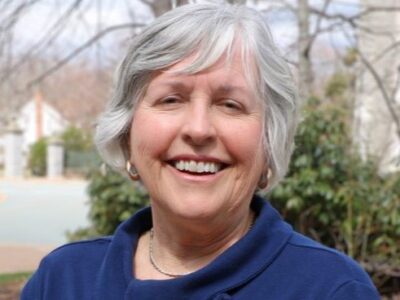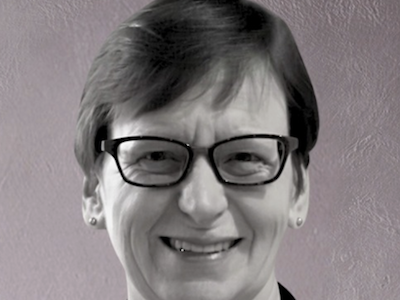 By Coumba Touré, Chair of TrustAfrica.org and founder of Invisible Giants foundation, which celebrates women working for positive changes.
By Coumba Touré, Chair of TrustAfrica.org and founder of Invisible Giants foundation, which celebrates women working for positive changes.
Community-Given Philanthropy
Most of the people in the village of Ndayanne, in Senegal, are called Lebous, and many of them go to sea to fish every day. They sell the fish they catch with their small colourful boats every day on the beach. A recurring day is set per month when whatever gets caught on that day, money from the trade goes to a communal pot. It’s a gift to the community. With that money, they help those in need. Sometimes they support the village health centre or the local mosque.
It’s a simple model, not unique. It’s one among many other forms of giving practices in West Africa. What these giving practices have in common is invisibility. They have no office building, registration, tax deduction, or business socially responsibility badges. They’re community driven, and community given. They have no logo, no ego. So many people participate in them. They’re invisible to the state and to most institutions, and they’re not perfect, but they’re models to learn from.
Philanthropy is More Than Money

Ndayanne, Senegal.
Philanthropy is time and expertise. It’s more than money. It’s to be of service for a cause or a community with understanding that all human beings deserve to access their full potential and to be protected from harm.
When referring to philanthropy, there’s a certain category of institutions and people that comes to mind when it comes to Africa, especially when it concerns African women, a category of philanthropy that’s perceived and recognized as outsider westerners or Arabic.
One of the common traits of modern philanthropy could be the erasure or the undermining of the contribution of organizations and individuals it serves. They’re quickly labelled as targets, beneficiaries, grantees, workers and partners, but they lose agency, intelligence and decision making, and their gifts are erased.
For the past thirty years, I’ve been a recipient and a donor, an implementer and an evaluator, a staff member and a leader, a board member and an adviser working for social justice. I have experienced philanthropy from different sides. I have learned we need to share about the invisible giving done by individuals, particularly women, in communities and in organizations.
Coumba Touré has more than 30 years of experience in leading, implementing and evaluating programs for social justice globally based in Senegal. She’s a storyteller and children’s book author and is the former co-cooordinator for Africans Rising and is the former Ashoka.org Representative for the Sahel. She’s a feminist activist, and she designs and produces a range of education materials with Falia artist collective and with Kuumbati.com. Touré is on YouTube – and on Twitter and LinkedIn. Photo of Touré is by Djiby Sy. Photos of Ndayanne courtesy of Touré.
Read the next story (from Zambia) in our African Philanthropy Series.
Monday, April 1, 2024 in Africa Philanthropy Series, For homepage, News & Events
Share: Twitter, Facebook



